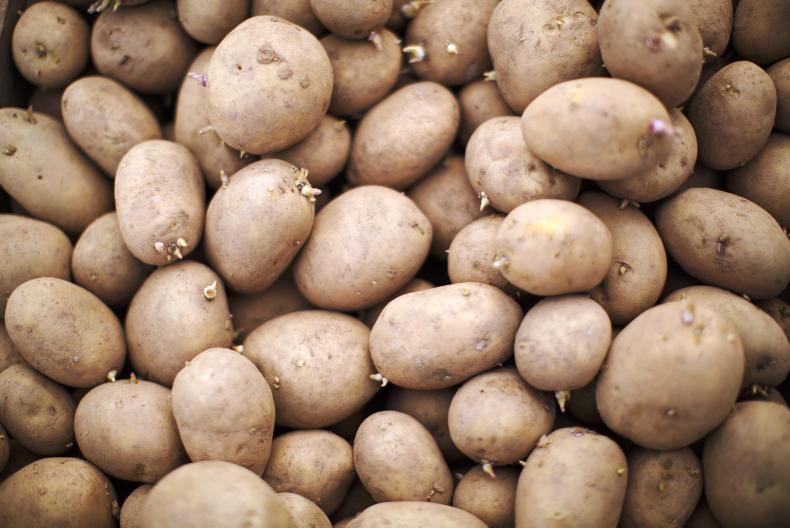Over the last week, I was forcibly reminded of the two very different Irelands we inhabit.
On one hand, we had the €13bn Apple fine imposed by the EU Commission. Multinationals directly employ over 150,000 people in Ireland. It is the wealth they generate that allows us pay what are, in many cases, among the highest public sector packages in the world as well as high spending on social programmes and health, together with the second-highest minimum wage in Europe.
A side effect is that most indigenous industrial sectors have disappeared. Farming and agribusiness, together with tourism, are the main sectors left.
The Commission ruling was so fundamental that the Government had no option but to seek full, legal clarification through the appeal process. But last week also brought me back to our roots. I had the great pleasure of attending a function to honour probably the finest plant breeder Ireland ever produced.
Harry Kehoe was conferred with a Doctor of Science Degree by UCD in recognition of his spectacular work in breeding potato varieties. One of them, Rooster, accounts for 65% of all the potatoes grown in Ireland and Harry’s potato-breeding work has underpinned the international development of IPM (Irish Potato Marketing) as a global potato seed production company with markets from Brazil to Israel and in most of continental Europe.
The fact that most of the potato seed to satisfy these markets is no longer produced in Ireland is another story but the basic breeding work was done by Harry Kehoe in the Teagasc Centre at Oakpark. At the function to honour him, I enquired if he thought it a pity that we did not develop a wheat breeding programme to breed wheat varieties suitable for Irish conditions.
As usual, his reply was to the point – it was a pity but “it’s probably too late now”. But it’s probable that the national cereal effort divided between the Department, Teagasc and UCD diluted what should have been a unified national effort.
As Harry acknowledged when the institutional arrangements were being hammered out, “there were personality difficulties among the key players.” We have lived with that inheritance since the late ’50s but the success of the potato and indeed grass breeding at Oakpark should not even at this stage blind us as to what is possible by a united national effort.





SHARING OPTIONS